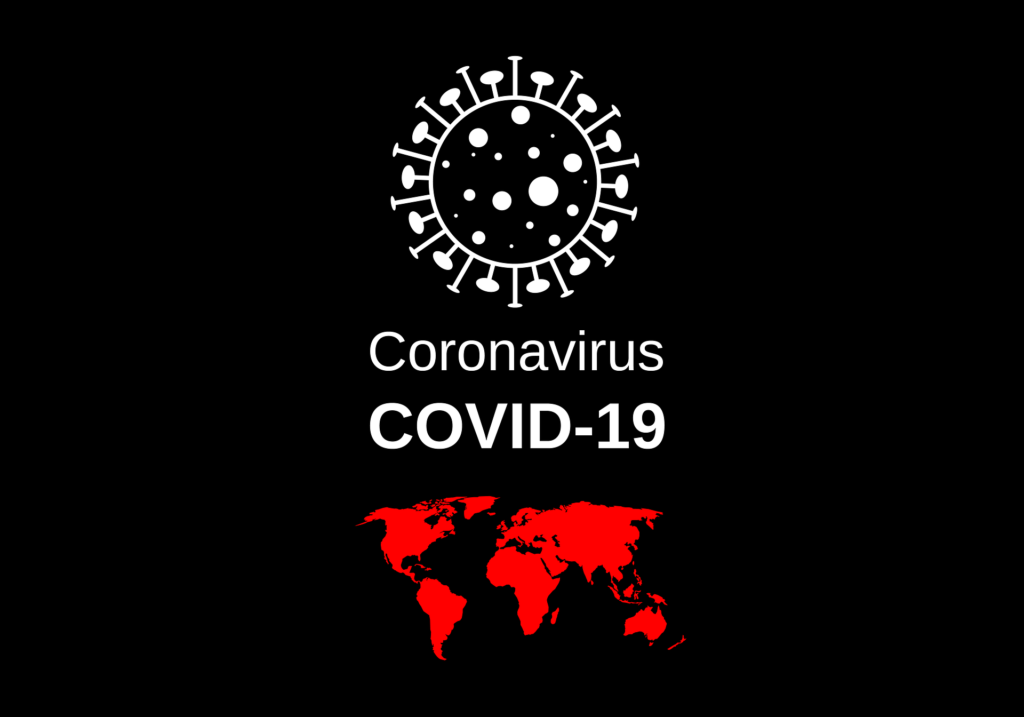How the CARES Act Will Affect You

On Friday, March 27, 2020 the Coronavirus Aid, Relief, and Economic Security Act, known as the CARES Act, was signed into law. This legislation provides roughly $2 trillion of economic relief to individuals, corporations, and small businesses during this time of crisis while so many businesses are closed and individuals are out of work. This is equal to about 10% of annual domestic economic activity. This exceeds previous fiscal stimulus measures in the U.S. by far. Such massive stimulus will go a long way towards preserving family finances and the U.S. economy over the course of the Coronavirus pandemic. We expect additional stimulus, as needed. In addition to providing economic stimulus to businesses and corporations, below are some of the ways in which this bill could affect you:
Direct Payments from the Treasury – Americans who have filed their 2018 or 2019 taxes will receive a direct payment of $1,200 for individuals and $2,400 for married couples. Additionally, families with children will receive an additional $500 per child. However, these payments are subject to income phaseouts beginning at $75,000 of Adjusted Gross Income for individuals and $150,000 for couples. The direct payments entirely phase out at $99,000 per year, per individual and double that for married couples.
Retirement Account Distributions – This bill now waives the 10% withdrawal penalty for early distributions from retirement accounts for the next year, up to $100,000. Distributions would be taxed at ordinary income rates, but the tax due can now be paid over the following three-year period. The owner also has the opportunity to use this three-year period to contribute the funds back into the retirement account without penalty or tax.
Required Minimum Distributions (RMDs) – All RMDs have been waived for 2020. This includes RMDs from IRAs, Inherited IRAs and qualified defined contribution retirement plans. Please keep in mind that if you have already taken part or all of your distribution for 2020, you have 60 days from the date of the distribution to return funds to your IRA or Inherited IRA without having to pay any taxes. It is worth considering that if you are already in a low tax bracket, or will be in a low tax bracket this year due to the pandemic, it may make more sense to either take your RMD or convert the funds to a Roth IRA. For those individuals using their RMDs for Qualified Charitable Distributions, this may still prove to be the best course of action this year. Please reach out to a WESCAP Advisor to discuss your situation further.
Charitable Contributions – To encourage charitable giving, the CARES Act provides for an above-the-line deduction of up to $300 per individual for those individuals who do not itemize deductions.
Tax Deadline Extension – While this was not part of the official stimulus bill, the IRS has extended the filing, estimated tax payment, retirement plan funding and tax return payment date for 2019 taxes to July 15,, 2020. This means that individuals will have additional time to file, pay and complete any retirement account contributions that would typically be required by April 15th. If you have already completed your 2019 return, you can submit this at any time, and the IRS has stated they will be processing refunds in a timely manner without any delays.
While we have highlighted these specific items as they apply to many of our clients and their retirement accounts, we are continuing to research and evaluate how other parts of the CARES act could affect individuals. Please do not hesitate to contact a WESCAP advisor with any questions you might have.
Please stay safe and we wish you good health during this time.
Sincerely,
The WESCAP Team
